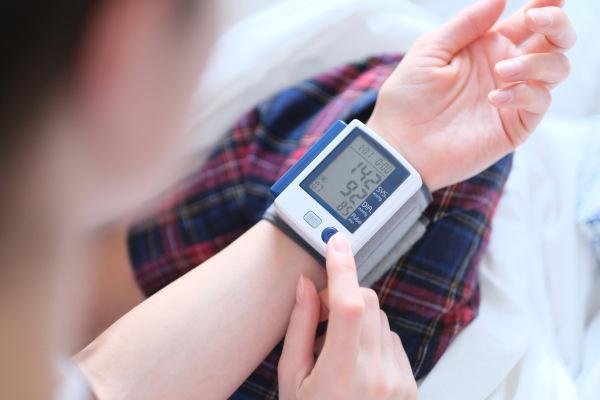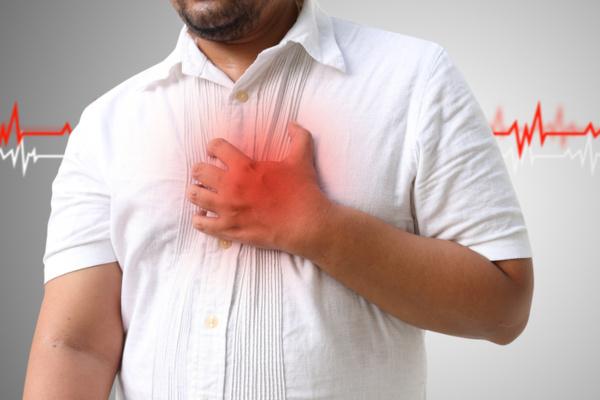THE hypertension arterial, also known as high pressure, it is a condition in which blood pressure often remains above 140/90 mmHg. There is no cure, but the use of medication makes blood pressure return to normal values. In addition to the use of medication, the treatment includes improvement in lifestyle habits, with the adoption of healthier food, reduction of salt consumption, physical exercise and cessation of cigarette and alcohol consumption.
If hypertension is not treated, can lead to complications, like heart attacks, renal insufficiency, strokes and even blindness. According to the Pan American Health Organization (PAHO), "hypertension affects more than 30% of the adult population worldwide, that is, more than one billion people".
Read too:Difference between high blood pressure and low blood pressure
Blood pressure and high blood pressure
Blood pressure is the name given to pressure exerted by the blood against the wall of the arteries. It is expressed as a fraction, such as 120/80 mmHg. The value of 120 represents the systolic pressure, which is the pressure during the contraction of the ventricles, and the value of 80 represents the diastolic pressure, which is the pressure during the relaxation of the ventricles. ventricles. In individuals under normal conditions, systolic pressure ranges from 100 to 120 mmHg and diastolic pressure from 60 to 80 mmHg.

Hypertension occurs when blood pressure measurements are often maintained above 140/90 mmHg. The Brazilian Society of Nephrology emphasizes that whenever blood pressure is greater than 120 per 80 mmHg and less than 140 per 90 mmHg, it is important to take biannual or annual measurements for follow-up.
Causes of high blood pressure
Usually, hypertension it does not have just one definite cause. Heredity is an important factor when we talk about high blood pressure, being observed cases in several members of the same family. In addition, the risk of developing hypertension increases with age and with the individual's lifestyle, such as sedentary lifestyle, inadequate diet, weight gain and excess salt in food.
Hypertension symptoms
High blood pressure is a silent disease, that is, it usually has no symptoms. Symptoms are usually seen when blood pressure values are too high. Among the symptoms that may arise, the following stand out: headache, dizziness, tiredness, ringing in the ear, nose bleeding, shortness of breath, blurred vision and agitation.
It is important to be aware of symptoms and regularly measure blood pressure, since the disease can cause serious complications, which can even put the individual's life at risk. hypertension is related tocardiovascular problems, like heart attack and angina, as well as strokes, kidney failure, and blindness.

Diagnosis of high blood pressure
Early diagnosis of high blood pressure it is essential to start the treatment as soon as possible. and complications are avoided, such as heart attacks, strokes and kidney problems. To diagnose hypertension, blood pressure must be measured several times to confirm that its levels are indeed altered. For an adequate measurement, it is essential that it be performed by trained professionals and using calibrated devices.
Read too: 10 leading causes of death in the world
Hypertension treatment
Hypertension is a health problem that no cure, but medications and lifestyle changes can cause blood pressure to be controlled and remain at normal levels. Treatment includes medications and adoption of habits such as:
healthy eating;
decrease the amount of salt in the diet;
maintain proper weight;
practice physical activities;
avoid cigarette and alcohol;
control the levels of stress.
By Vanessa Sardinha dos Santos
Biology teacher
